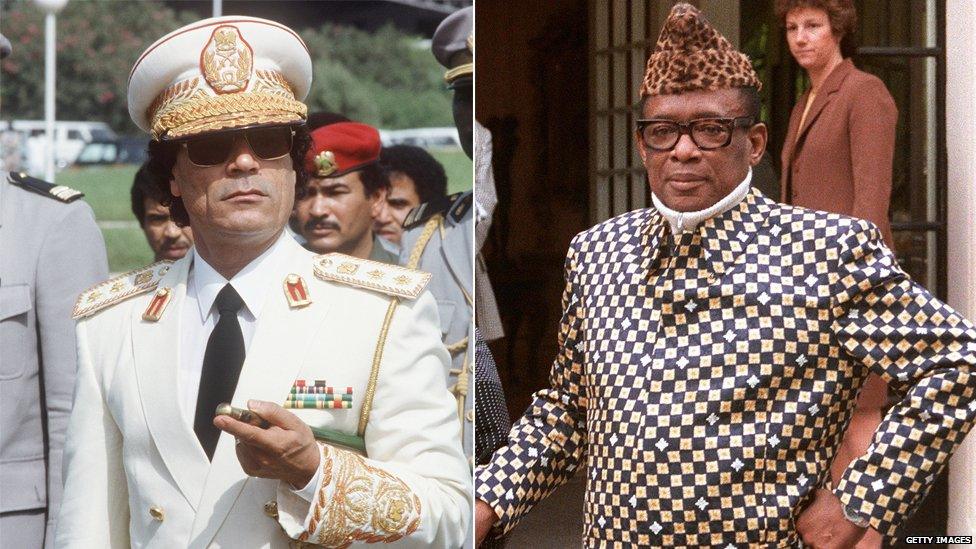Burundi rejects UN police force to help end violence
- Published
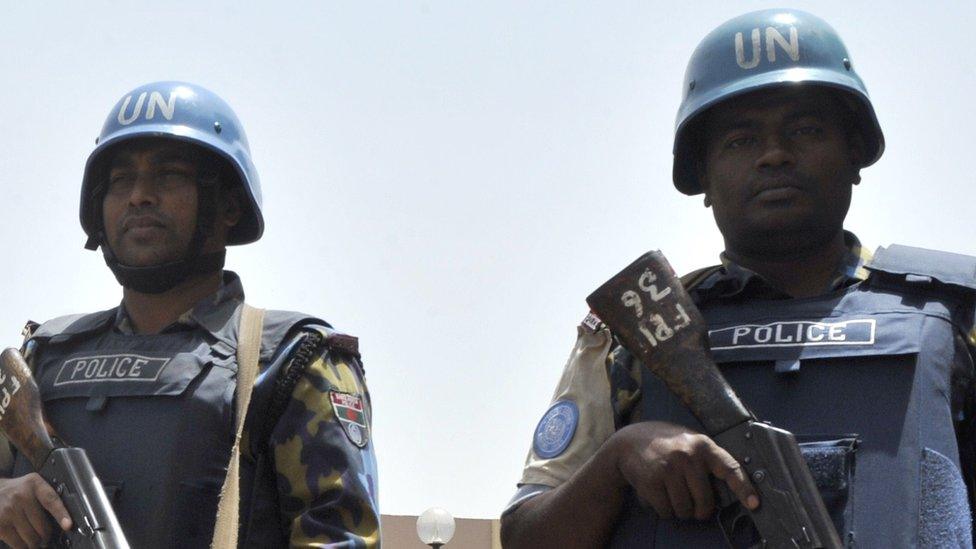
The UN Security Council wanted the police officers to deploy for an initial period of a year
Burundi's government has rejected a decision to deploy a UN police force to the country in an effort to end more than a year of political violence.
The UN Security Council agreed on Friday to send 288 officers, despite Burundi saying it would accept no more than 50 unarmed personnel.
But a government spokesman said even 50 was now unacceptable and the move violated Burundi's sovereignty.
More than 400 people have been killed in unrest since April 2015.
The trouble, which has also led to 200,000 people fleeing their homes, was sparked by President Pierre Nkurunziza's decision to seek a third term in office, which he gained in elections in July 2015.
Government and opposition officials have been among those killed in a wave of tit-for-tat violence since then.
The French-led resolution said , externalthat the UN police force should be despatched to the capital, Bujumbura, and throughout Burundi, for an initial period of a year - and it urged Burundi to co-operate.
However, government spokesman Philippe Nzobonariba said Burundi's own security forces were "in perfect control of the situation in the country's interior and throughout the territory", the AFP news agency reports.
He said the 200 African Union (AU) observers and military experts due to be deployed remained welcome, although only about 50 have so far taken up their posts.
In January, the AU abandoned its plan to send 5,000 peacekeepers in the face of fierce opposition from President Nkurunziza.

More on Burundi's crisis


Although both Burundi's opposition and government forces are ethnically mixed, some fear that the violence could descend into a repeat of the genocidal killings which the country has previously experienced.
President Nkurunziza is the former leader of a Hutu rebel group which battled a Tutsi-dominated army for many years until he came to power in 2005 as part of a peace deal.

Timeline: Chaos in Burundi
April 2015: Protests erupt after President Pierre Nkurunziza announces he will seek a third term in office
May 2015: Constitutional court backs Mr Nkurunziza's bid. Tens of thousands flee as demonstrations continue
May 2015: Army officers launch a coup attempt, which fails
July 2015: Elections are held, with Mr Nkurunziza re-elected. The polls are disputed, with opposition leader Agathon Rwasa describing them as "a joke"
December 2015: 87 people killed on one day as soldiers respond to an attack on military sites in Bujumbura
January 2016: Allegations emerge of mass graves and gang-rapes by Burundian security forces

- Published3 November 2015
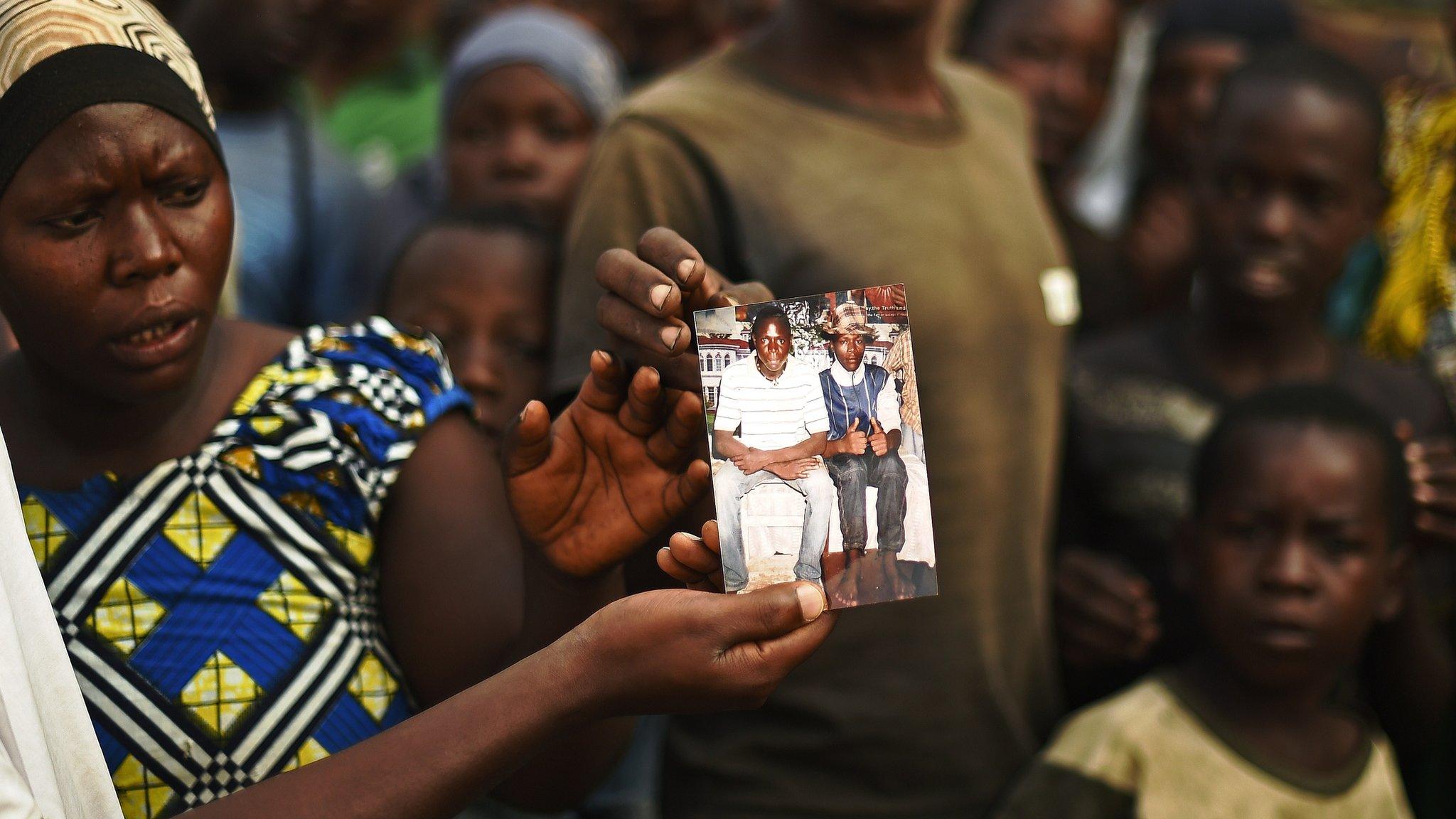
- Published2 December 2015
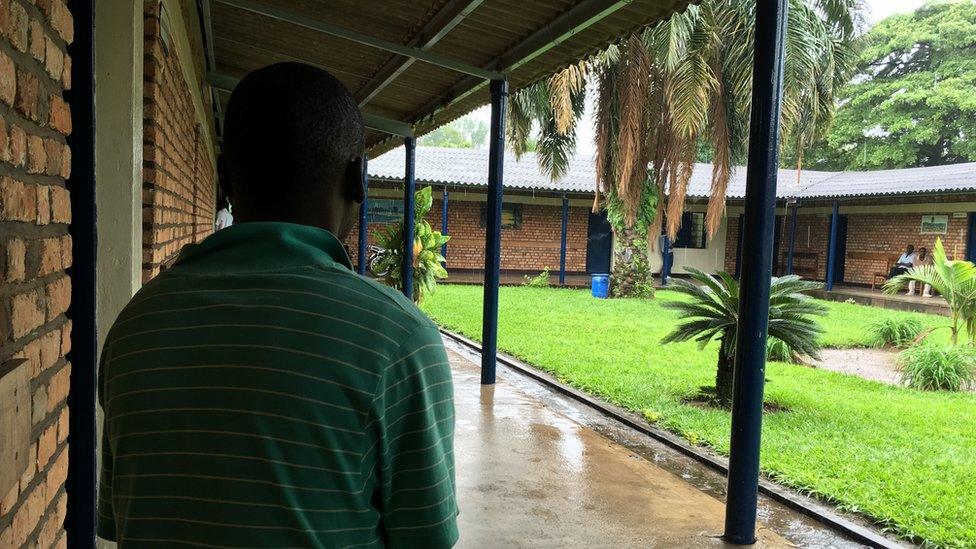
- Published1 February 2016
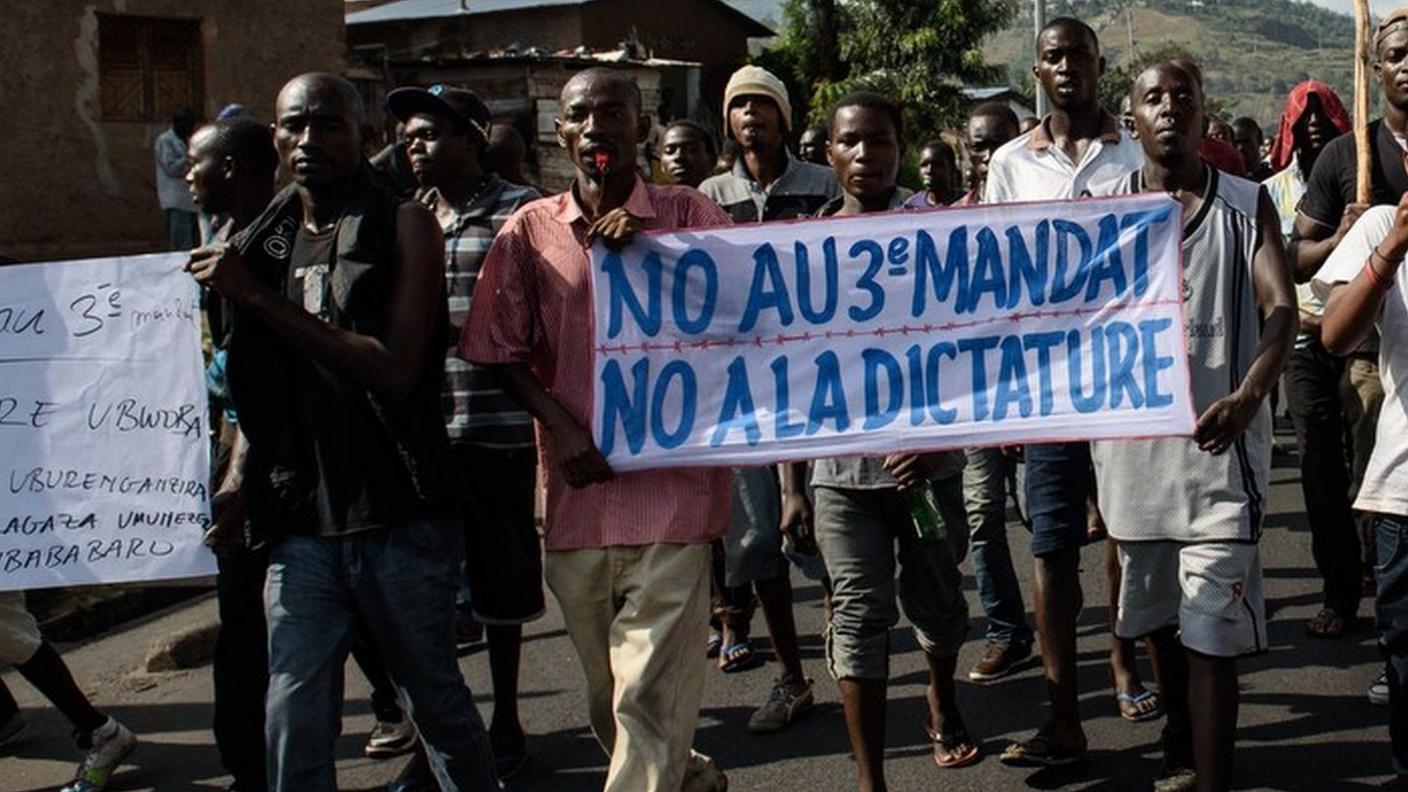
- Published14 October 2015
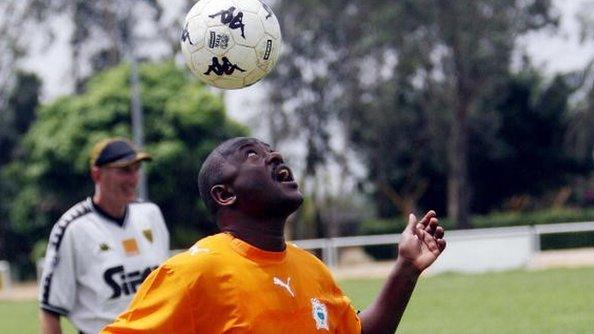
- Published18 August 2015
